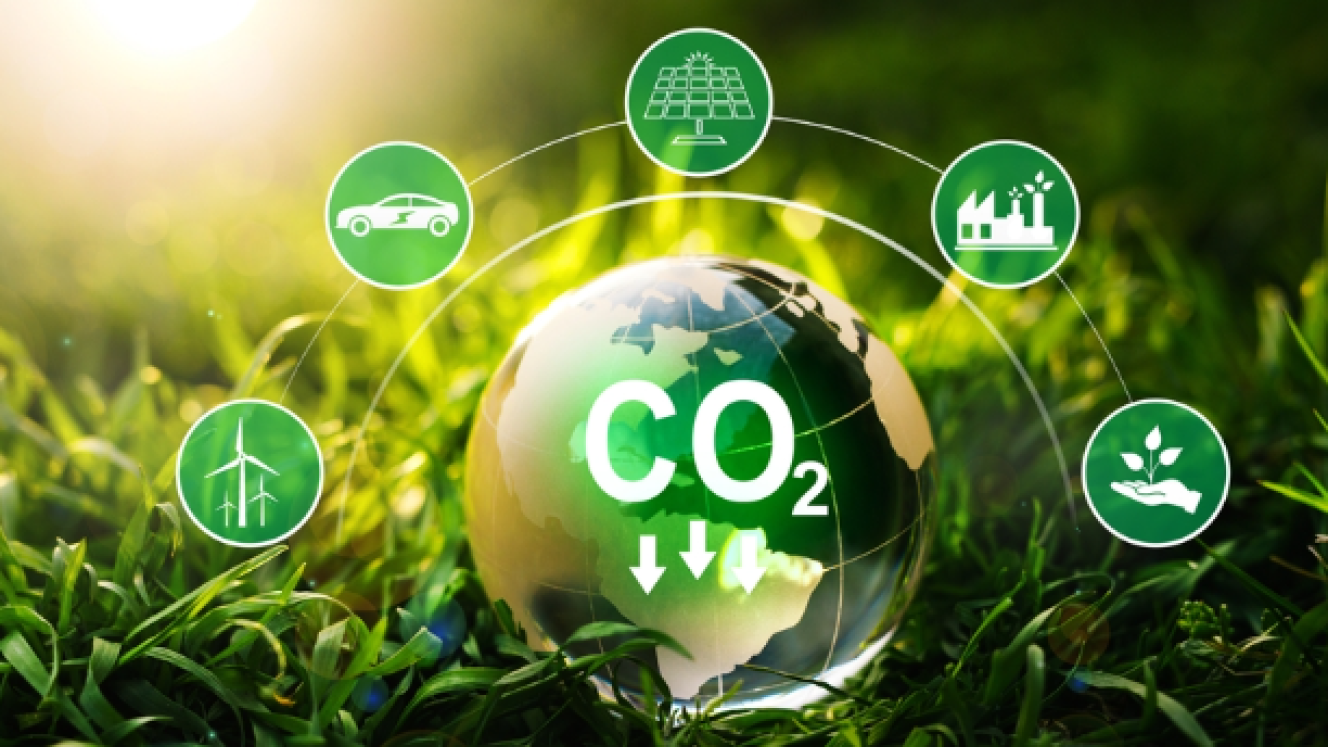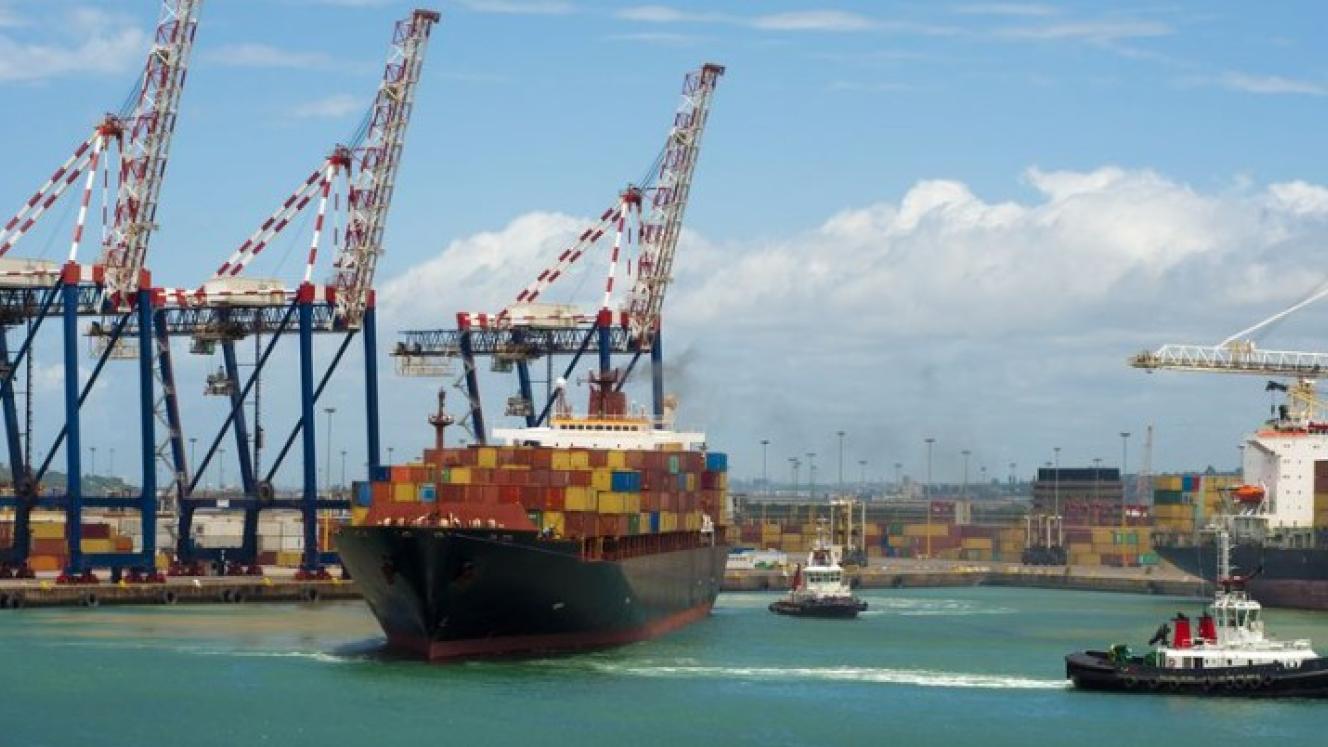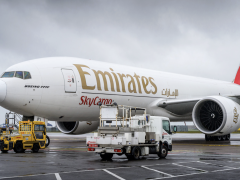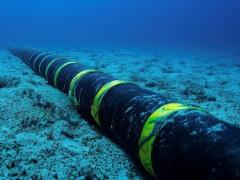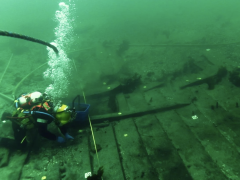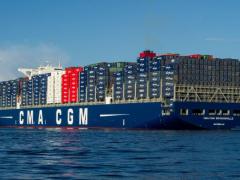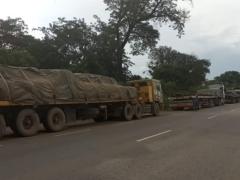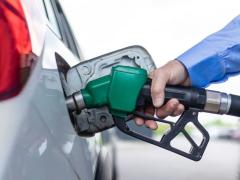South Africa’s industrial exporters of aluminium, iron, steel, cement and fertilisers could face substantial financial penalties under the European Union’s (EU) Carbon Border Adjustment Mechanism (CBAM), with the country’s coal-heavy electricity supply playing a significant role in driving up embedded emissions.
This was the warning from Hendrik de Villiers, Hulamin’s Head of Environmental Sustainability, at an event hosted by the EU Chamber of Commerce and Industry and the Delegation of the European Union to South Africa last week.
Joining him on the panel were Vicente Hurtado Roa, EU Head of Unit: CBAM, Energy and Green Taxation and Rosalind Dos Santos, Group Energy Manager at Mpact, the largest paper, plastics packaging and recycling business in southern Africa.
Hulamin, Africa’s largest aluminium fabrication company, exports 22% of its aluminium products to the EU.
De Viliers warned that in a worst-case scenario – where no mitigating actions are taken – the company could face levies amounting to more than 50% of the value of unprocessed aluminium by 2034.
This would coincide with the complete phase-out of free carbon emission allowances under the EU Emissions Trading System (ETS). He based his 2034 scenario on publicly available data and key assumptions, translating CBAM levies into a percentage of the London Metal Exchange price of aluminium – projected to be around €2 500 (approximately R48 300) per tonne by 2034.
“Although the exact pricing of these levies remains uncertain, estimates suggest a range between €80 and €100 per tonne of CO₂ emissions by January 1, 2026,” he said.
This marks the end of CBAM’s transition phase and the beginning of full financial and reporting obligations for exporters, who must pay levies rather than merely report emissions, as required since 2023.
These levies are paid through the purchase of certificates, confirming that companies have covered the cost of the carbon emissions embedded in their products. The charge aligns with that imposed on EU domestic goods under the EU ETS and applies to the difference between a product’s domestic carbon tax and the EU’s carbon emissions price. The latter is calculated based on the weekly average auction price of EU ETS allowances, expressed in euros per tonne of CO₂ emitted.
Hulamin estimates that its aluminium production results in embedded greenhouse gas (GHG) emissions of 18 tonnes of CO₂ per tonne of product, encompassing both direct emissions (Scope 1, generated through production processes) and indirect emissions (Scope 2, mainly due to South Africa’s reliance on Eskom’s emissions-intensive electricity).
“If the CBAM price for carbon emissions is assumed to be €80 per tonne of CO₂ (currently close to €90), the cost to South African aluminium exporters would be €1,440 (R27 800) per tonne of product, equating to 58% of the value of unprocessed aluminium by 2034,” De Villiers said.
Dos Santos illustrated the financial burden on carbon-tax payers once CBAM takes effect, using a hypothetical example. If a company had a total carbon tax liability of R100 million in 2023 but only paid R25 million due to tax-free allowances, its liability could soar to R77,5 million in 2026 – more than tripling – assuming constant emissions. “This demonstrates the urgency for businesses to reduce their emissions actively.” Despite Mpact’s decarbonisation initiatives – including solar PV, energy efficiency measures and wheeled energy – achieving Net Zero remains elusive, says Dos Santos.
Under CBAM, all affected industries must report Scope 1 emissions, with cement and fertiliser industries also required to report Scope 2 emissions, said Hurtado Roa, who visited South Africa last week to engage with government and industry stakeholders. He mentioned that the Scope 2 requirement might extend to other carbon-intensive sectors, including aluminium, iron and steel as well as the pulp, polymer and chemical industries.
There are ongoing efforts to simplify CBAM, including the possibility of exempting small importers with minimal CO₂ emissions, thereby focusing regulatory efforts on major emitters, Hurtado Roa said.
De Villiers stressed the importance of South Africa retaining carbon tax revenues for local industry support. “The South African government should ensure that these taxes are reinvested to aid decarbonisation, particularly for energy-intensive industries that are vital to the country’s economy but remain vulnerable due to our high Grid Emissions Factor. The EU is protecting its industries through CBAM. South Africa should consider implementing a similar mechanism for aluminium imports to safeguard its domestic market against untaxed imports,” he said.
